Understanding CTOPP-2 score interpretation is essential for writing clear, helpful evaluation reports that truly reflect…
Author: keepreadingandlearning
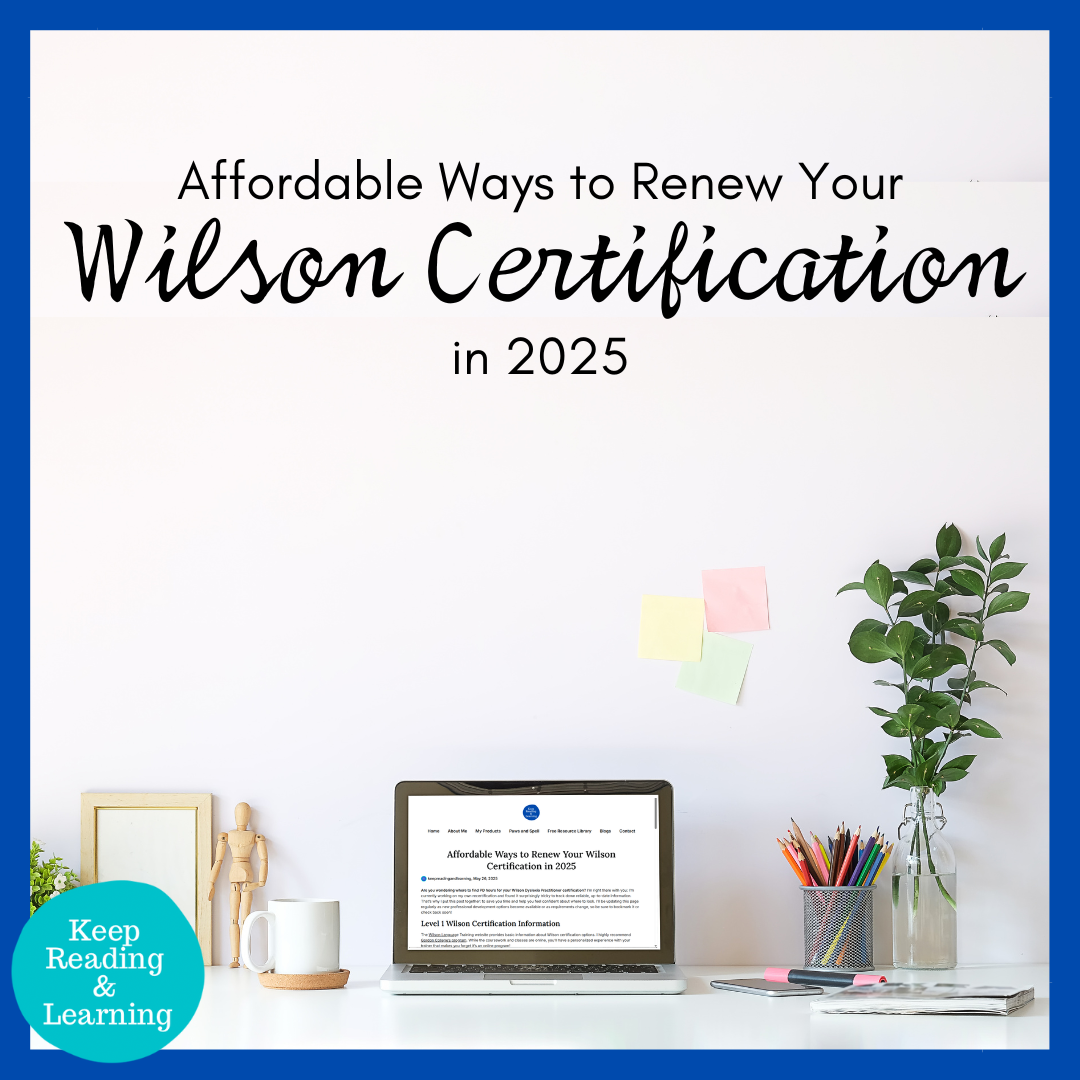
Affordable Ways to Renew Your Wilson Certification in 2025
Are you wondering where to find PD hours for your Wilson Dyslexia Practitioner certification? I’m…
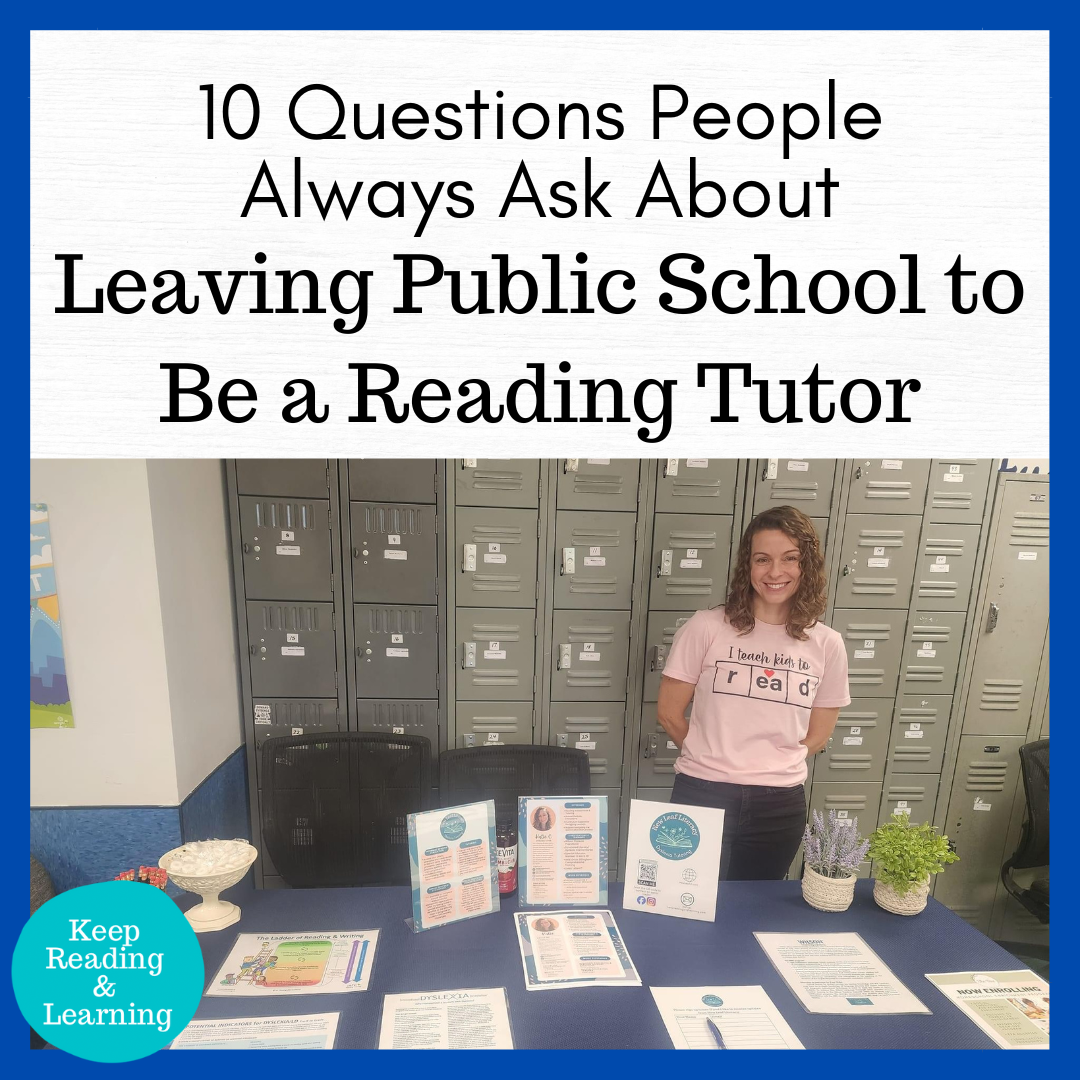
10 Questions I Always Get About Leaving Public School to Be a Reading Tutor
When I began talking about leaving public school to be a reading tutor, I had…

Science of Reading Meets Summer Reading: Your Structured Literacy Homework Plan
Planning structured literacy homework doesn’t have to be overwhelming. Whether you’re prepping for summer school…
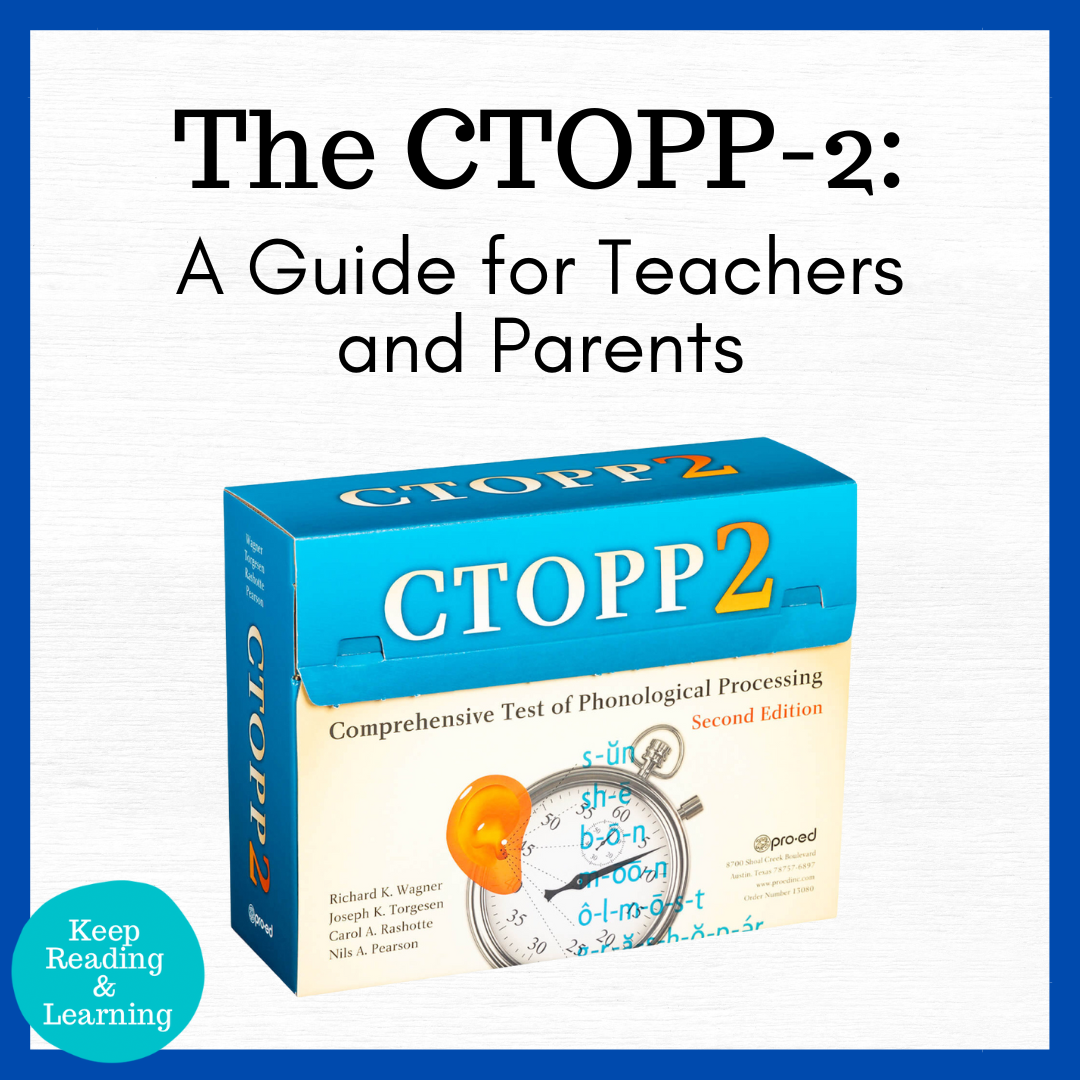
Understanding the CTOPP-2: A Guide for Teachers and Parents
The CTOPP -2 (conversationally referred to and pronounced as the “See Top”) is a test…

8 Science of Reading Courses Every Teacher Should Consider
If you’re looking to deepen your understanding of how we learn to read and how…
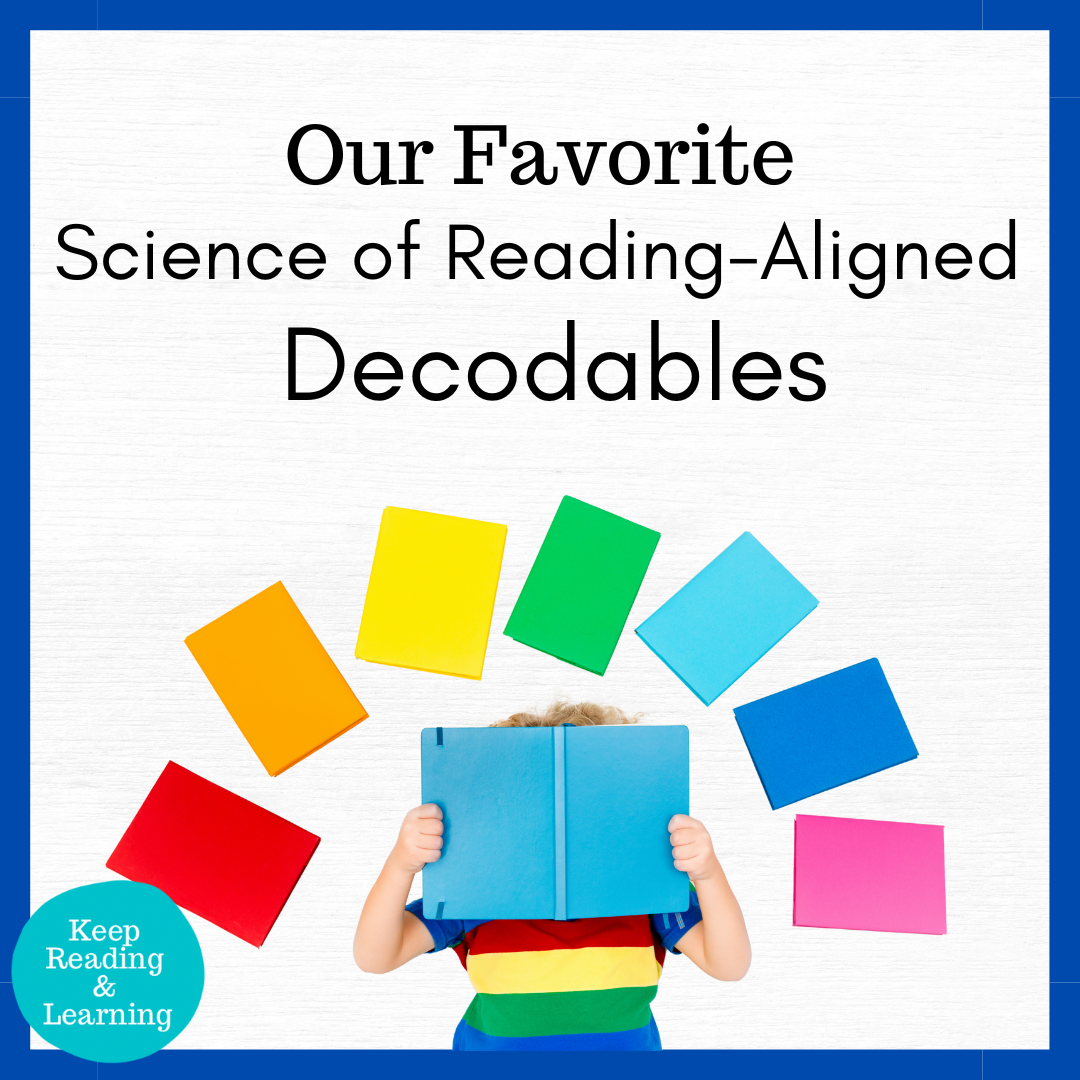
Top Picks: Decodable Books for Wilson, Orton Gillingham, and Structured Literacy Instruction
Are you looking for decodable books your students can confidently read at home or in…
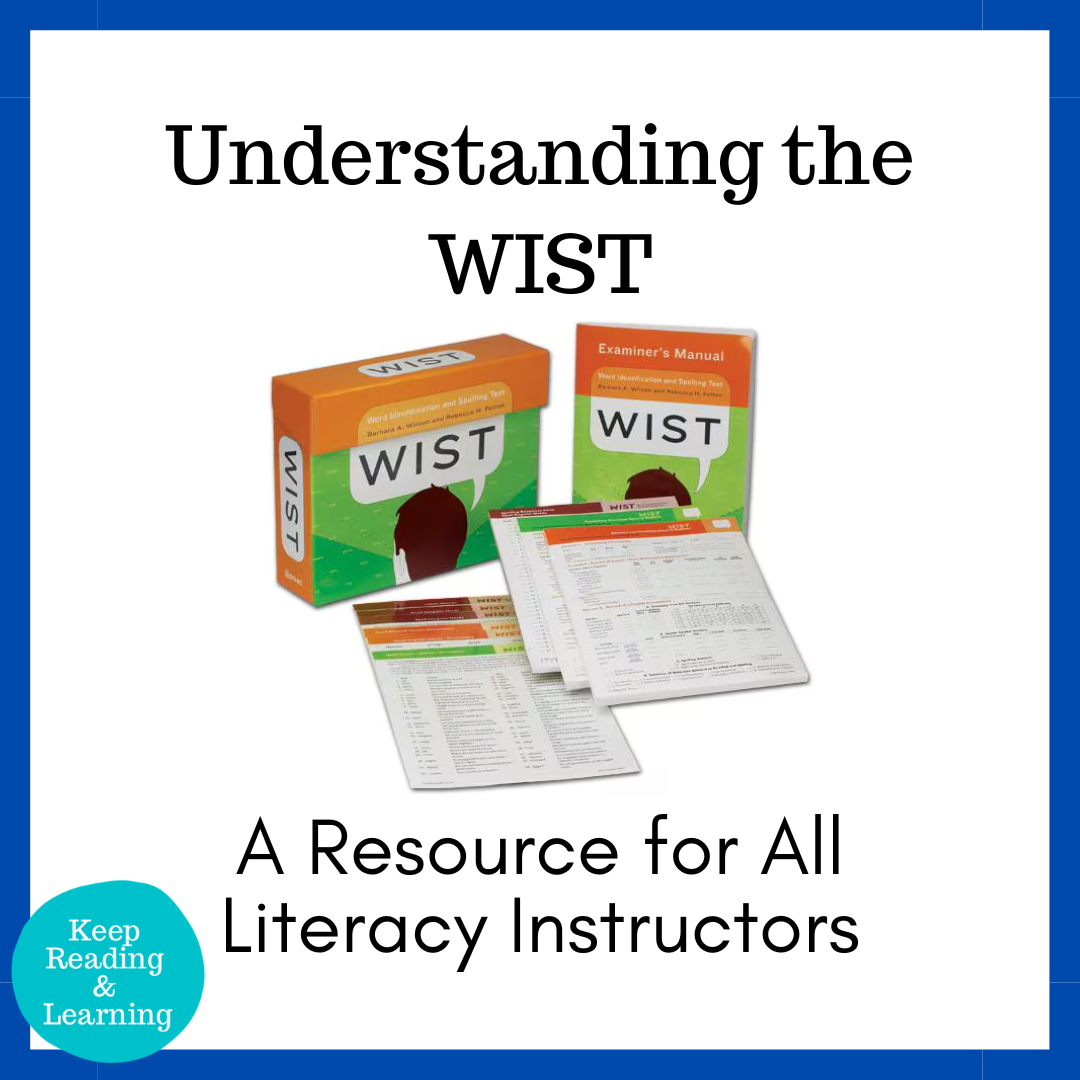
Understanding the WIST: A Resource for All Literacy Teachers
The Word Identification and Spelling Test (WIST) is a valuable tool for assessing foundational literacy…
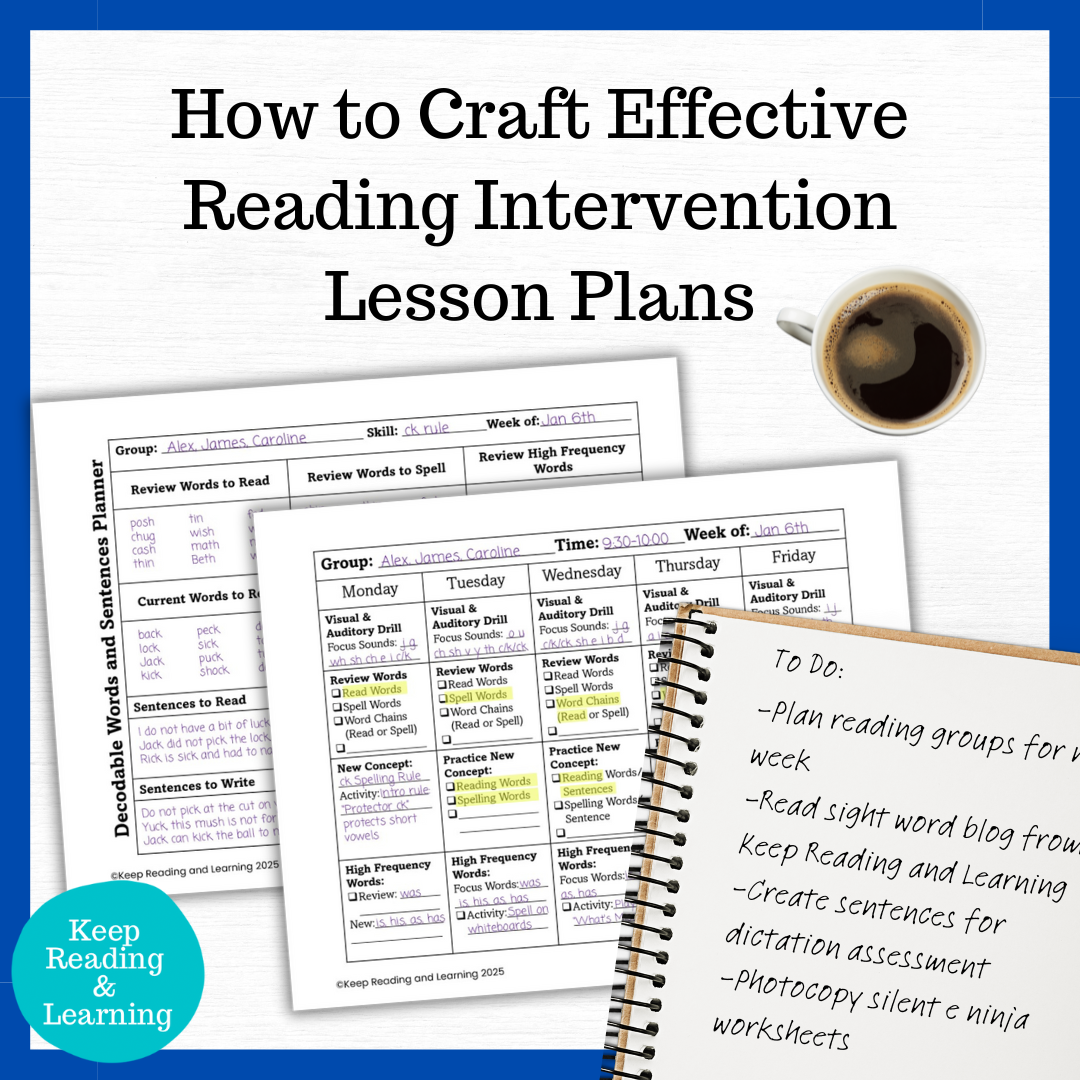
How to Craft Reading Intervention Lesson Plans
When it comes to planning reading intervention lesson plans, having a structured program can make…

5 Lessons Learned in My First Months as a Private Reading Tutor
Five months ago, I took a big step and transitioned from public school special education…


